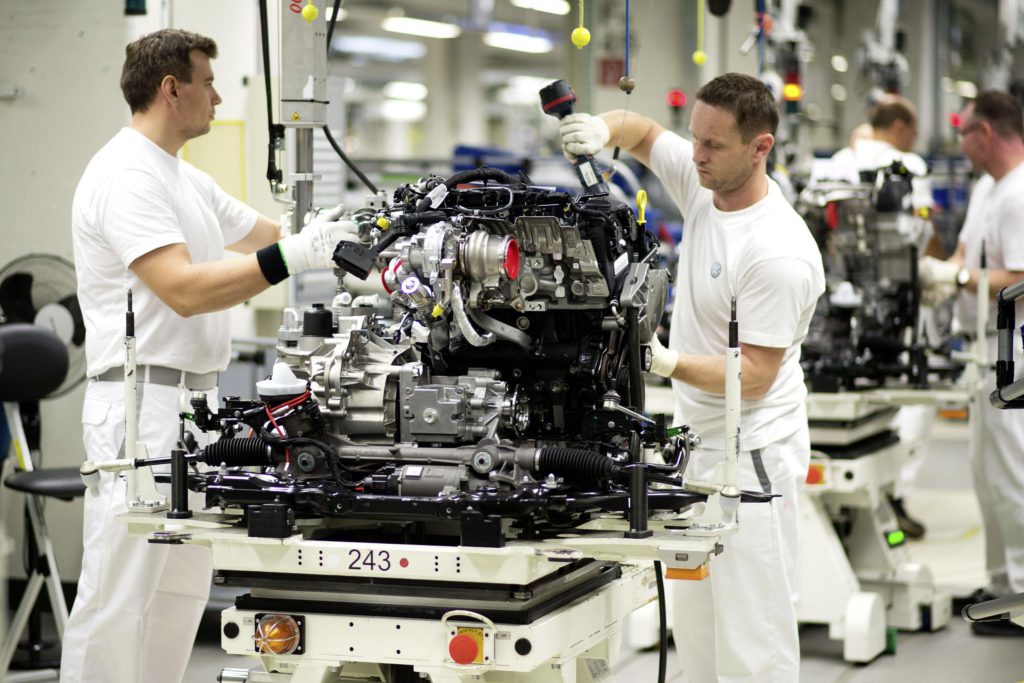ACEA figures show COVID-19 employment impact
01 April 2020

1 April 2020
As businesses across Europe react to the impact of restrictions put in place to lessen the spread of coronavirus (COVID-19), the number of automotive factory workers affected by shutdowns has been revealed.
According to data released by the European Automobile Manufacturers Association (ACEA), the jobs of at least 1,110,107 people working in automotive manufacturing are affected. This figure only refers to those people directly employed by car, truck, van and bus manufacturers – the impact on the wider automotive supply chain is even more critical.
EU-wide production losses due to factory shutdowns amount to at least 1,231,038 motor vehicles so far. The average shutdown duration is currently 16 working days, but production losses are set to increase if shutdowns extend or additional plants come to a halt.
Up-to-date
ACEA has published this information in two interactive maps showing the impact on the automobile industry for each of the 27 EU member states plus the United Kingdom. It considers both the number of employees affected and lost production in units.
′Right now, the primary concern of ACEA and all its members is to manage the immediate crisis facing the automotive industry, which has essentially come to an abrupt halt – something the sector has never experienced before,’ stated Eric-Mark Huitema, ACEA director-general.
′Our priority is to protect the health and jobs of the almost 14 million Europeans who work directly or indirectly in our sector.’
In total, 2.6 million direct manufacturing jobs are provided by the EU automotive industry, with vehicle makers operating 229 vehicle assembly and production plants across the region. The wider automotive sector provides direct and indirect jobs for 13.8 million people in the European Union, ACEA says.
Tough times
Carmakers are losing money due to plant shutdowns. Volkswagen alone estimates that inactivity is costing around €2 billion a week. It is likely, therefore, that manufacturers may cut employment upon resumption of production. As social-distancing measures will also be required for some time, there is concern over how factories, where people work closely together while on the production line, will be able to adapt to such measures. Carmakers are addressing these issues in their restart planning.
Andreas Tostmann, member of the Volkswagen brand board of management responsible for production and logistics, comments: ′The health of our employees has the highest priority. We are making good progress with an extremely comprehensive package of measures for the staged run-up of production. This also includes additional measures as regards hygiene and distances between employees on the production line.’